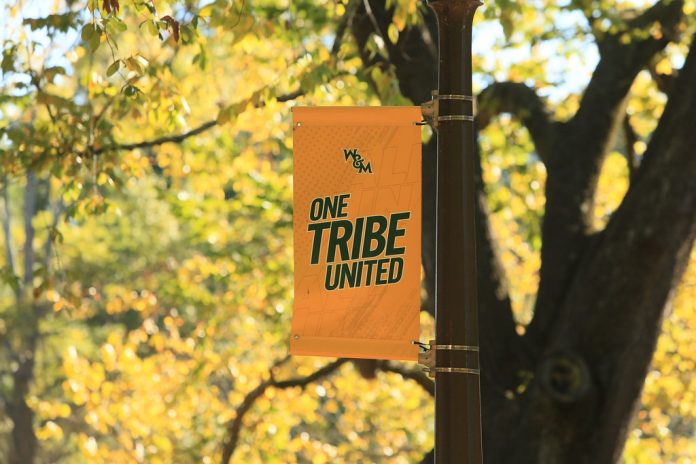Enya Xiang ’25 is a history major in the William & Mary/St Andrews Joint Degree Programme. She is from outside Philadelphia and writes for the opinion section. Outside of The Flat Hat, she is part of William & Mary’s Innocence Project Club and enjoys kayaking and writing limericks. Email Enya at exiang@email.wm.edu.
The views expressed in this article are the author’s own.
Meta, formly Facebook, knew that Instagram was toxic for teens, as was revealed in the Wall Street Journal’s latest exposé. They knew from their very own data: for the past three years, Meta has been conducting studies on its teenage users.
While Meta has repeatedly withheld its research and evaded touchy questions, in 2019, researchers reported internal findings that teenagers consistently blamed Instagram for increasing anxiety and depression. They discovered that social media especially harmed teenage girls. Thirty-two percent of teen girls said that when they felt bad about their bodies, Instagram made them feel worse.
To appear both spontaneous but thoughtful, polished but casual, and unique but approachable. Presenting this perfect version of yourself is a thankless task. What is perhaps more perplexing is that most teens don’t want social media to go, including college students like me. I, however, have yet to see TED Talk speakers or university professors really display an understanding of what social media is for us digital natives.
What they do get right is the power for boundless connection and its foe, FOMO (gawky millennial slang for “fear of missing out”). But I argue that it goes beyond wanting to be a part of something. Instead, social media creates a sense of solidarity.
When your friends and classmates share an idea or photo, it reminds you that other people are experiencing their life in real time — along with you. You are forced outside your own head. It is basic reciprocity: you share something personal, and in return, someone shares something personal with you. This experience creates understanding about and with others but, of course, it can lead to dangerous self-comparisons and have negative mental health effects.
Meme culture brings solidarity to an extreme by layering irony upon irony. Blow up a common minor inconvenience into an existential crisis, or play down a moral dilemma into a trivial matter. Take your pick. It creates unity in the same way that fans flock around Star Wars, but takes twice the amount of contextual knowledge. In our weekly seminar class, I and the other students in the St Andrews Programme watch Professor Holmes, the program director, try to decode grainy pictures with hideous typefaces. Yes, we love the chaos of it.
The College of William and Mary’s Yik Yak is student solidarity at its finest, which is also what they don’t tell you on the college tours. Anonymous users can write text posts called “Yaks,” and users can either upvote or downvote other clever Yaks. The free marketplace of ideas at work. (You can read a recent Flat Hat article about a College student’s Yik Yak experience here.)
I won’t be deleting social media anytime soon — sorry to disappoint anyone who still remembers the Gulf War. But what I did do was make my social media space into my own authentic world. I stopped caring and started sharing the memories that I love. I turned off app notifications and like-counts on posts. When I feel bad about what I see, I throw my phone to the side. I laugh about my mistakes and show my audience which people and issues matter the most to me.
Think of it as an opportunity to allow others into who you are. You are the curator of your own exhibit.

